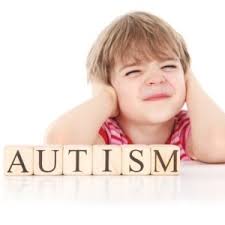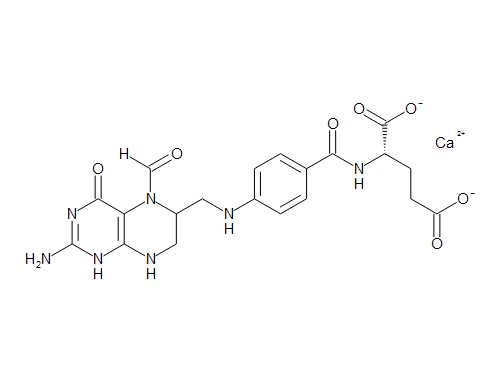New Study Finds Some Kids Are ‘Outgrowing’ Autism, but What Does It Mean?
What does the new study mean for parents of children diagnosed with Autism Spectrum Disorder?
Researchers from Boston Children’s Hospital have found a significant number of children who were diagnosed with autism as babies no longer meet ASD criteria.
Whenever a parent is faced with an ASD diagnosis, it’s a traumatic event, with many parents rightfully assuming that it’s something that they’ll need to deal with and manage for the rest of their lives. However, recently, new research has suggested that this may not be the case with all children diagnosed with ASD.

However, the findings of this study contradicted earlier studies which showed ASD persistence rates generally ranged from 68-100%.
The Research Behind the Study
For the purpose of the study, researchers identified 213 children who had been diagnosed with ASD between the ages of 12-36 months. They then followed these 213 children until the ages of 5-7. At the end of the research period, the researchers used the criteria from the Diagnostic and Statistical Manual of Mental Disorders (Fifth Edition) along with other measures to determine whether or not participants in the study still met the requirements for ASD.
The research team discovered that around the age of six, 37.1% of the study participants no longer met the ASD diagnosis requirements.
They also found that females and participants with higher adaptive skills were more likely to lose their ASD diagnosis than males or children with lower adaptive skills.
Throughout the study, the children received intervention therapy. Still, the intensity or frequency of that therapy didn’t play a significant role in whether or not they had persistent or nonpersistent ASD.
Is Early ASD Diagnosis Accurate?
“These findings suggest that applying the current Diagnostic and Statistical Manual of Mental Disorders (DSM-5) behavioral criteria to young children may capture children with a range of developmental differences and that some children will continue to exhibit behavioral characteristics consistent with ASD, while others will not,” said in an interview with Healthnews study lead author, Elizabeth Harstad, M.D., M.P.H., an assistant professor of pediatrics at Harvard Medical School and attending physician in Developmental Medicine at Boston Children’s Hospital.
It’s important to note that the study couldn’t determine whether there was any misdiagnosis or inaccuracy in the first ASD diagnosis.
“We are currently analyzing the developmental profiles of the children who did not meet ASD criteria at the research assessment,” Harstad explained. “It is possible that some children continued to have some traits associated with autism. For example, some of the children have reported communication difficulties.”
New Study Finds Some Kids Are ‘Outgrowing’ Autism, but What Does It Mean? – Conclusion
Rather than simply label children with ASD at an early age, Harstad had this to say: “Instead, perhaps an ASD diagnosis given at a young age (such as < 3 years old) should be thought of as an early ‘ASD profile,’” Harstad explained. “A condition which requires support and interventions but should be assessed again in future years to determine if the symptoms persist or not.”
While the study sheds more light on ASD, more research and studies are still needed before experts can make any definitive conclusions about ASD testing, identification, and causes.
If you have any questions about autism products or would like to find more information about sensory products, please don’t hesitate to reach out and contact us directly. Our friendly and professional team is standing by to assist you.





